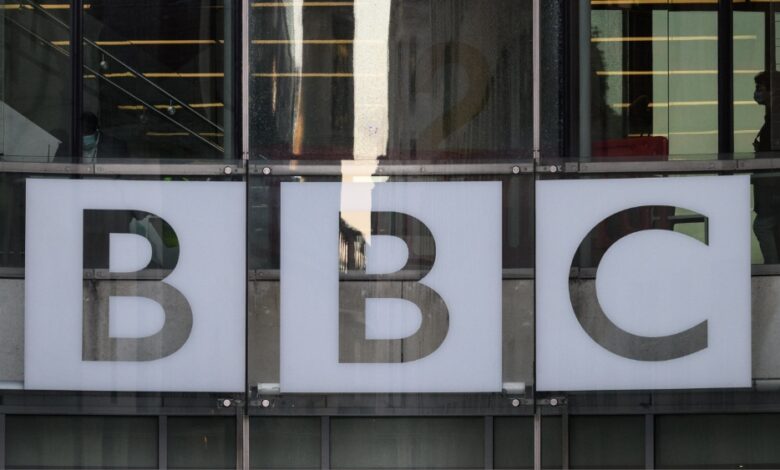British Culture Secretary considers funding options for BBC

UK Culture Secretary Lisa Nandy has committed to continuing the BBC’s license fee model until at least 2027. However, she has said she will consider all funding options for the “sustainability of the broadcaster” during the next review of the Royal Charter .
The BBC is governed by a document called a Royal Charter, which is periodically reviewed by the government. Nandy has said she plans to use the next review, in 2027, to consider funding options with viewers and stakeholders (such as production companies, presumably) given the opportunity to have their say.
She also confirmed that she would not move forward with the review of the BBC’s funding model set up by the previous government – which appointed a panel of experts to oversee it – but would instead control the corporation’s future funding revised as part of the Royal Charter review process. .
The panel appointed by the previous government will be disbanded.
In Britain, the majority of the BBC’s funding comes from licensing fees, which must be paid by anyone watching live television on any device on any network. Even someone who never watches the BBC, but watches live sports on Prime Video, for example, would have to pay for it. Currently the TV license fee costs £169.50 per year (just over £14 per month). Under the previous government it was agreed that the TV license would increase every year until 2027 with inflation. From April 2025, costs will rise to £174.50 per year.
Labor, which came to power after an election earlier this year, has said it will help more households struggling with financial pressures who cannot afford the fee but could benefit from cultural and educational learning by watching live television . There is a reduced TV license fee for those who meet the criteria.
Nandy has made a written statement to Parliament recognizing the changing face of media, particularly increased competition from global streaming platforms. The statement also notes that the BBC has seen a decline in licensing revenue of more than 30%.
“The BBC provides much-needed programming to households across the country, including children’s education, world-class entertainment and trusted news for all people in all parts of Britain. I want it to thrive for decades to come,” Nandy said in a statement “Through the Charter Review we will have an honest national conversation about the long-term future of the broadcaster, ensuring the BBC has a sustainable public funding model that supports its vital work, but is also fair and responsive to those who pay for it.”
“In the short term, we are providing funding security for the BBC, while supporting thousands of households in financial difficulty to spread the cost of a TV license.”
Last year, Foreign Secretary David Lammy allocated an additional £32.6 million in funding for the BBC World Service, the corporation’s foreign radio service.




